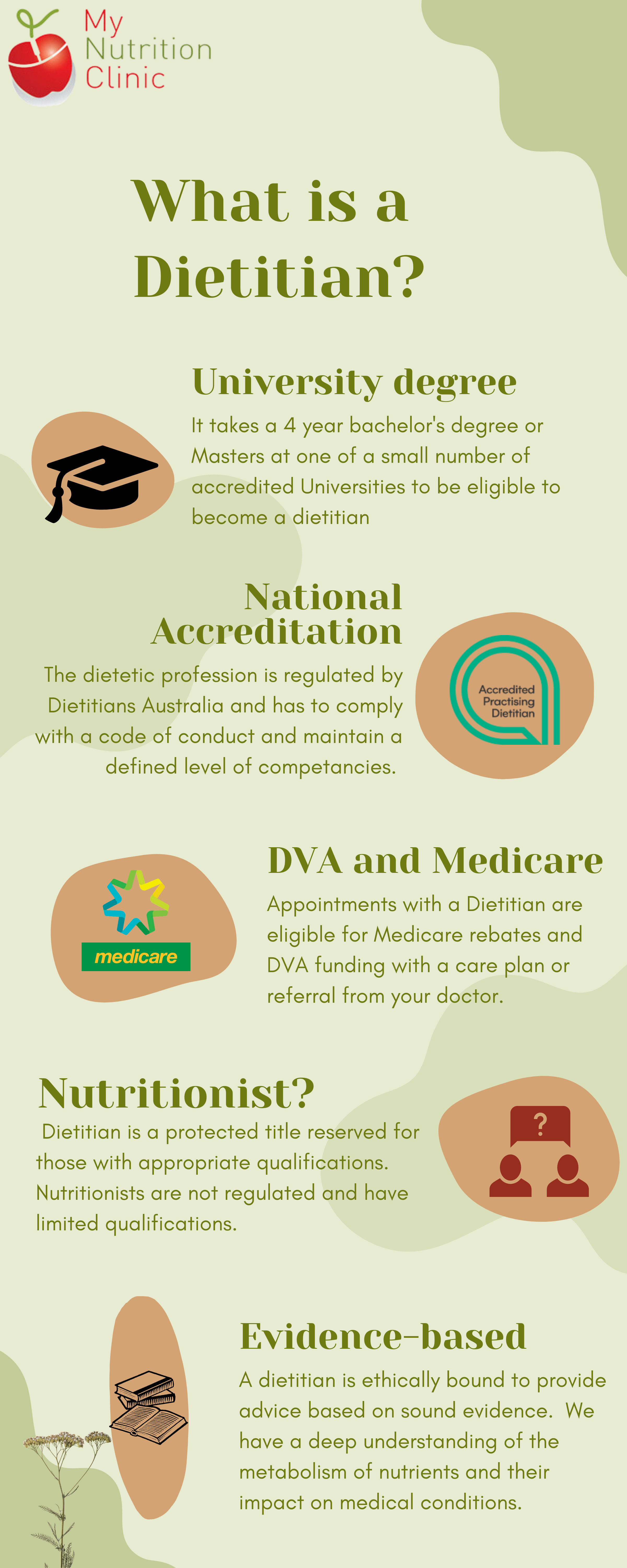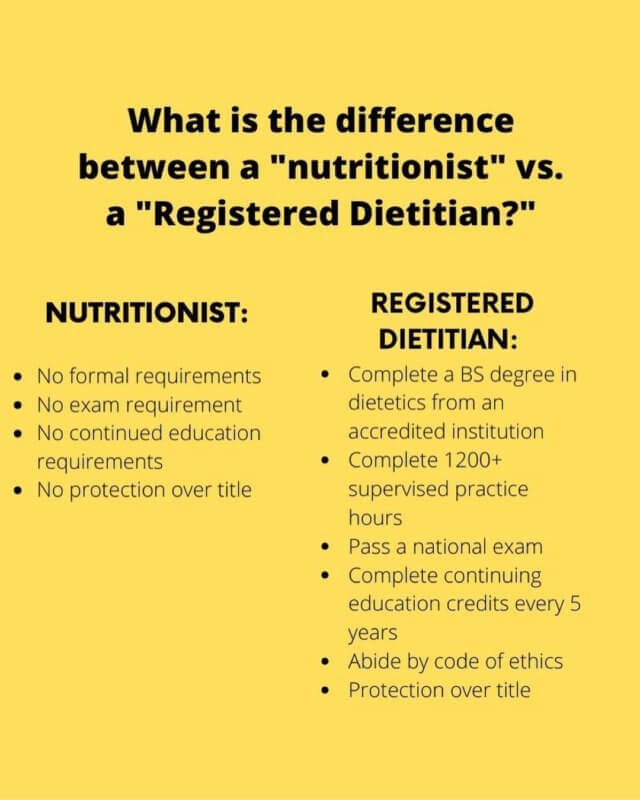All Categories
Featured
Table of Contents
The kinds of Nutritional experts are: and. The previous are those individuals that utilize the clinical approach to study nutrients, both as individual compounds and as they communicate in food and nourishment while the last are professionals that assist in detecting the dietary problems of communities and in locating services to those issues.
: They collaborate with health cares and global health organizations.: They are in charge of massive food preparation and service.: They are experts in nourishment and aging. They are Board accredited in Gerontological Nourishment with the American Dietetic Association.: They are mainly involved with nutritional relevant research study in the clinical element of nutrition in disease states, public aspect on main, secondary and sometimes tertiary wellness prevention and foodservice element in problems including the food planned for patients.
How Much Does Plant-based Dietitian Service Cost?
, and newspapers-- either as a professional guest opinion, routine writer or visitor, or for source, restaurant, or recipe growth and critique.: These work under private practice. As clarified over, all dietitians are nutritional experts however not all nutritional experts have the qualifications and certifications to be called dietitians.
This indicates specifically the same point as Registered Dietitian (RD), a term that has actually been in use for a long time. While accreditation to become an RD or RDN is controlled by the Academy of Nourishment and Dietetics a nationwide company licensure is controlled by private states.

In order to provide medical nourishment therapy and qualify as carriers for insurance coverage companies, a dietitian needs to be licensed by the state. According to the Bureau of Labor Data, the need for dietitians and nutritional experts is anticipated to increase by 20% between 2010 and 2020 this is a much faster growth price than the standard for all line of work.
What Is The Best Private Dietitian?
There are considerable differences in settlement based upon field of expertise, with Scientific Pediatric Dietitians and Dairy Nutritionists balancing about $90,000. In 2014, The Bureau of Labor Data (BLS) found that the top 10% of dietitians and nutritionists make greater than $79,000, and the bottom 10% less than $36,000 - Private Dietitian. A mean per hour wage of $27.62 was calculated for both markets, with the top 10% earning over $38.00 per hour, and the bottom 10% earning below $17.00 per hour

There is a range of tasks offered in different atmospheres for those that want to work with the public, as well as for those that favor even more research-focused employment. Many get involved in one of these areas in order to assist individuals live much healthier lives which can be profoundly rewarding.
With current data that one-third of the united state population is overweight, in addition to a large number of elderly U.S. homeowners, dietitians and nutritional experts are most likely to have a much more comprehensive role in the future. My Plan rates dietitians and nutritionists at # 53 in their happiness index of top 300 occupations with the highest possible job complete satisfaction ratings.
In enhancement to attending an accredited program, the majority of states need dietitians to be licensed or to have professional certification, or both.
What Is The Best Certified Dietitian App?
Your core courses may consist of: Food scientific research Chemistry Wellness care plan Medical nourishment Biostatistics Microbiology Food service management You'll additionally need to finish a dietetic internship.

And to advance in the area, you'll likely need a master's level. Whether written in regulation or not, dietitians and nutritionists many times need a similar education and learning. Typical bachelor's degrees for nutritionists consist of nutrition science or a related self-control, such as dietetics, kinesiology, food system monitoring, or biochemistry and biology. A few of your programs may consist of: Patterns in nourishment Biomedical statistics Professional nutrition Food, nourishment, and habits Nutritional ecology Area nourishment Physiology Some level programs include teaching fellowships, but in others you'll need to find possibilities on your own.
The variety of hours you'll need might depend on needs in the state where you'll function. Whether you prepare to earn a credential or otherwise, it's a great concept to finish at least one internship to gain useful experience before looking for a permanent duty. Licensing and qualification needs for nutritional experts and dietitians differ from state to state.
What Is The Average Cost Of Eating Disorder Dietitian Services?
A professional certification shows your proficiency and knowledge in your field. Right here are the top certifications for dietitians and nutritional experts.
The titles are essentially the same. There's no expert difference between them, and you're complimentary to pick which one you wish to make use of based on individual preference. To take the accreditation examination, you need to: Gain a bachelor's degree that's accredited by the ACEND Full a dietetics teaching fellowship After Jan. 1, 2024, you'll need to gain a master's degree to get the accreditation.
What Is The Best Pediatric Dietitian Company?
There is an array in incomes, with the bottom 10% around $44,910 and the leading 10% around $98,830, according to the BLS. Nutritionist and dietitian functions are expected to grow 6.6% through 2032, according to the BLS.
This does not imply that one career is exceptional to the other, as they both have different functions and qualifications that may occasionally overlap. If you desire to find out more concerning what makes these professions distinctive, maintain analysis. Diet professionals are specialists who help improve the lifestyle through healthy food choices.
What Is The Best Accredited Sports Nutritionist Company?
Nutritional expert guidance regarding nourishment's effect on wellness. They help individuals take on healthier means of consuming and develop customised strategies based upon goals. Their solutions include dietary evaluation and counselling, dish planning and creating healthy consuming programs. Although some have official education and learning and credentials, others may have a lot more basic accreditations. The area is less controlled than dieticians; for this reason, nutritionists' levels of know-how and certifications can differ.
There are several distinctions between dieticians and nutritionists. Below are the training and background requirements. Diet professionals commonly hold a bachelor's level in dietetics, nourishment, or a related area. As their careers advancement, many diet professionals go after postgraduate degrees, like a Master's or Doctorate, to specialise in specific locations of nourishment. Dieticians must embark on monitored sensible training as component of their education and learning to gain hands-on experience in scientific setups, neighborhood nourishment programs, or food service administration.
Latest Posts
What Is The Best Physique Transformation App?
Performance Nutritionist – Canning 6107
Surgical Bariatrics